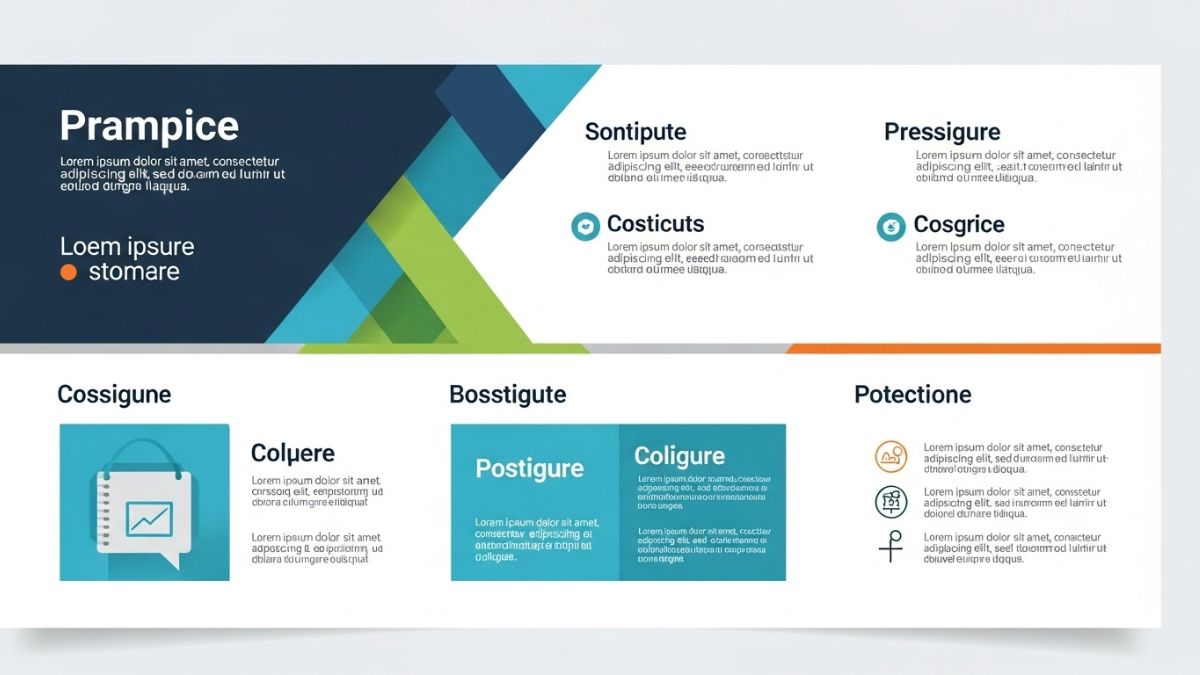Buying a home in a planned community comes with several advantages, including well-maintained amenities, organized neighborhood aesthetics, and a strong sense of community. However, these benefits often come with additional costs in the form of Community Development District (CDD) and Homeowners Association (HOA) fees. If you’re considering purchasing a home in Parrish, understanding these fees can help you decide where you want to live.
What Are CDD Fees?
A Community Development District (CDD) is a special taxing authority established to finance infrastructure within a community. This can include roads, utilities, drainage systems, recreational facilities, and landscaping. Unlike HOA fees, which a private association typically collects, CDD fees are paid through property taxes and spread out over several years.
CDD fees allow developers to create high-quality communities without requiring an upfront investment from homebuyers. Instead of incorporating these costs into the home’s purchase price, they are gradually repaid over time. While the amount varies depending on the community, these fees generally contribute to well-maintained common areas, parks, and other features that enhance the neighborhood.
What to Expect with HOA Fees
Homeowners Association (HOA) fees are separate from CDD fees and are managed by the community’s association. These fees cover the ongoing maintenance of shared spaces, neighborhood security, landscaping, and community services such as trash collection. The HOA is responsible for enforcing community guidelines, and ensuring that properties adhere to aesthetic and maintenance standards.
HOA fees vary depending on the amenities offered. A community with gated access, a clubhouse, pools, and tennis courts will typically have higher fees than one with fewer shared facilities. Homebuyers should review the HOA’s financial documents and governing rules to understand what services are included and what restrictions may apply to property modifications or exterior appearances.
Comparing CDD and HOA Fees
While CDD and HOA fees contribute to a well-maintained community, they serve different purposes. CDD fees focus on the initial development and long-term improvements of the community’s infrastructure, while HOA fees manage ongoing maintenance and daily operations. Some communities have both, while others may only have HOA fees.
One advantage of CDD fees is that they eventually expire once the development costs have been repaid. However, some communities continue collecting some of these fees for ongoing enhancements. HOA fees, on the other hand, remain in place as long as the association exists, with periodic adjustments based on maintenance needs and community improvements.
The Benefits of Living in a CDD or HOA Community
For many homebuyers, the added cost of CDD and HOA fees is offset by the benefits they provide. Well-kept neighborhoods with consistent property values, professionally managed amenities, and organized community events create an inviting atmosphere for residents.
Shared recreational spaces such as walking trails, fitness centers, and playgrounds offer opportunities for social engagement and an active lifestyle. These features can enhance daily life and contribute to a sense of belonging among neighbors.
Additionally, having an HOA helps maintain community standards, preventing issues such as neglected yards or disruptive property modifications that could affect property values. While some homeowners prefer fewer restrictions, many appreciate an HOA’s consistency in the neighborhood’s overall appearance and functionality.
Choosing the Right Community for You
When considering a home in a planned community, it’s beneficial to factor in both CDD and HOA fees and your overall budget. Reviewing the breakdown of these costs and understanding what they cover will help you determine if a particular neighborhood aligns with your lifestyle and financial plans.
If you’re looking for a thoughtfully designed community with modern amenities and a welcoming environment, North River Ranch in Parrish offers an exceptional place to call home. With a balance of convenience, recreation, and quality living, it’s an excellent destination for new homebuyers seeking a well-planned neighborhood experience.











